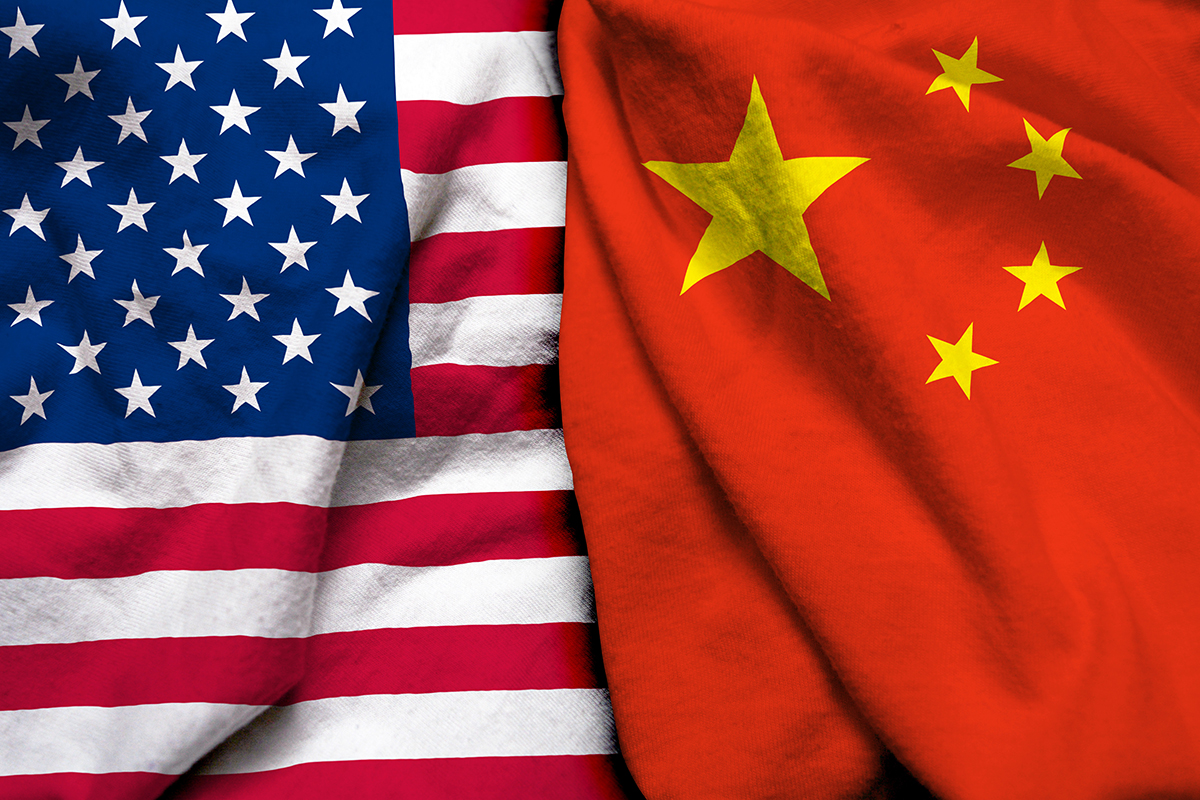As the geopolitical chessboard sees its pieces in constant, cautious motion, President Joe Biden and Chinese President Xi Jinping are set to hold a pivotal summit in California. The meeting against the backdrop of the Asia-Pacific Economic Cooperation summit marks a significant moment in U.S.-China relations—fraught with trade disputes, Taiwan’s status, and a web of other transnational challenges.
The White House, via press secretary Karine Jean-Pierre, has emphasized the necessity of “maintaining open lines of communication.” At the same time, China signalled its readiness to engage with a Foreign Ministry statement acknowledging Xi’s attendance at Biden’s invitation. This dialogue surfaces amidst heightened tensions: aggressive trade controls, military provocations, and the sensitive dance around Taiwan’s autonomy—all elements adding gravity to the leaders’ exchange.
Yet expectations are tempered; the Biden-Xi rendezvous is not projected to yield breakthroughs but rather to navigate the turbulent waters of their nations’ rivalry, aiming, as White House officials outlined, to “prevent the downside risk of conflict. ” From Biden’s direct objections to China’s stance on Taiwan to Xi’s red-line warnings, the conversation promises complexity.
With the global stage observing, the coming year presents a testing ground for the superpowers’ coexistence—underscored by elections in Taiwan and the U.S. and shadowed by the potential for electoral interference, which the Biden administration has sternly cautioned against. As the two leaders prepare for their much-anticipated talks, the world awaits the outcomes of this critical juncture in international diplomacy.







